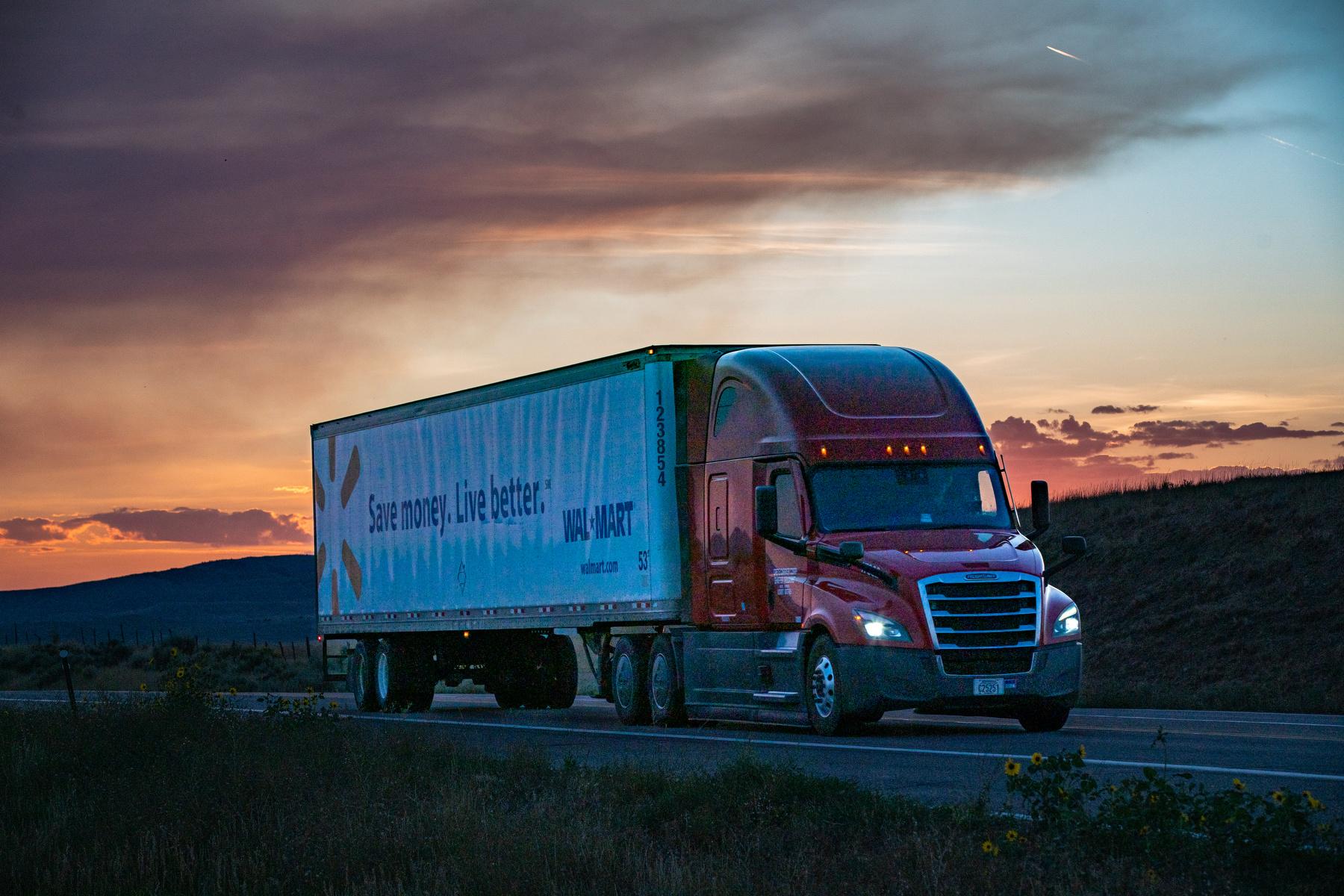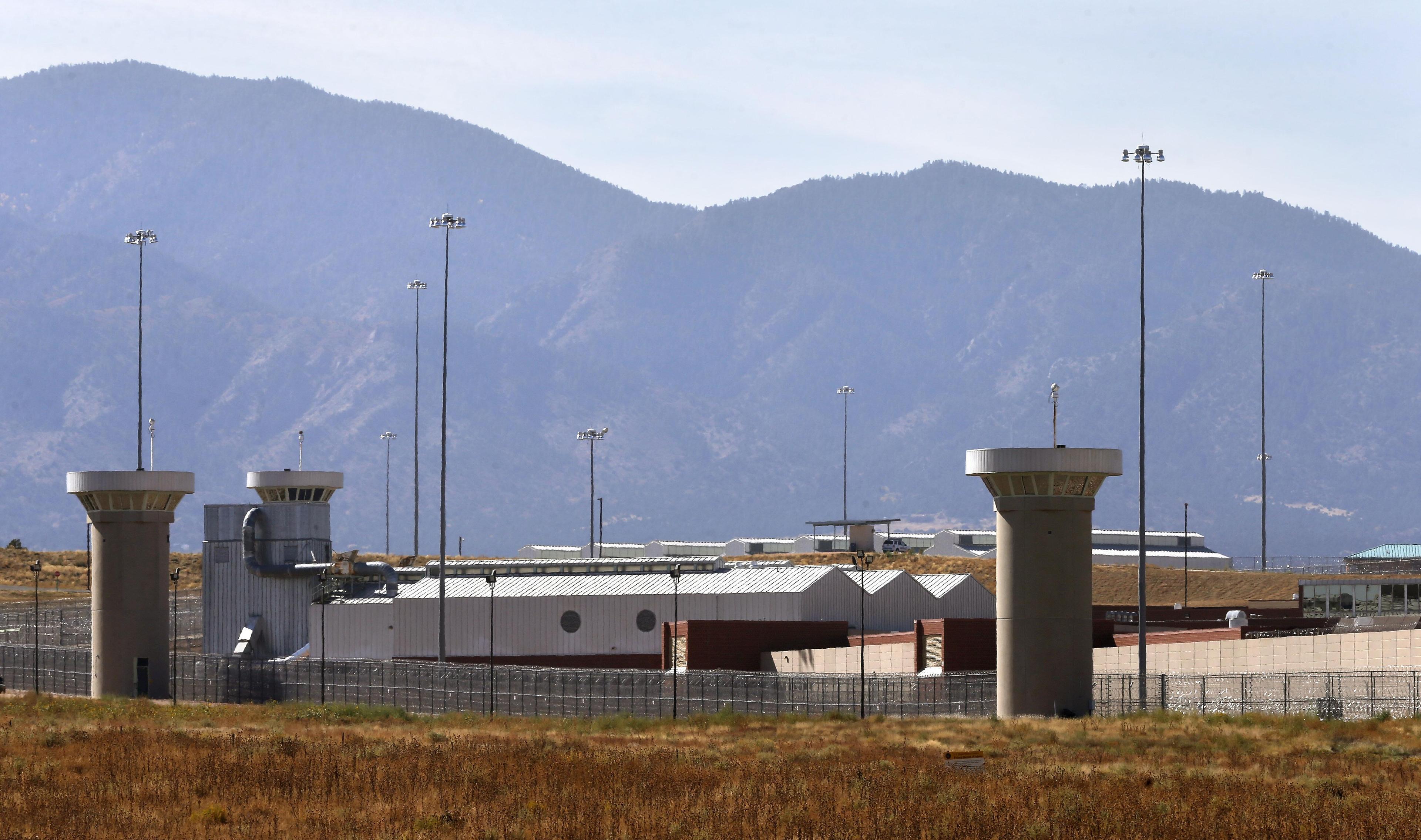
In Mesa County, the last federally-run disposal site for a radioactive construction material is preparing to close.
During the Cold War, a uranium mill in Grand Junction produced 2.2 million tons of mill tailings — a sand-like material that was left over from the uranium extraction process. This byproduct was considered ideal for local construction projects, and was hauled to more than 4,000 private and commercial properties in the Grand Junction area.
“It seems crazy to consider today, but most people — even scientists — didn’t understand the dangers of this radioactive material,” said Gary Baur in a Department of Energy press release. Baur is a construction manager who served as the disposal site’s lead until his retirement in October 2018.
Now 50 years later, the toxic material is still found as old infrastructure is torn down. The Department of Energy helped clean up some of the radioactive material for nearly two decades, with those efforts ending in 1998.
But the department continues to manage the Mesa County disposal site, which is scheduled to permanently shut down in 2023. To prepare for the closure, it will stop accepting material by the end of September 2021.
What will happen to the left over, radioactive mill tailings?
"We are absolutely worried about the next phase for what happens if that site does close, and how are we going to handle the tailings that we come across in our community," said Trent Prall, Grand Junction's public works director.
With the federal disposal site still open, it doesn't cost the state much to dispose of mill tailings that might be discovered on a construction site — about $100 a cubic yard. Prall said having the local site open is critical, since the next closest one is privately owned near Salt Lake City, Utah.
"It's an extreme cost to dispose of it at about $2,000 per ton," Prall said. "That ends up being about a $60,000 disposal fee for a 15 cubic yard truck," which includes trucking costs.
Prall said it's yet to be determined if those costs would be covered by the federal government if the local Mesa County disposal site closes.
When state agencies like the Colorado Department of Transportation dig up old mill tailings, they too use the disposal site. Next spring, the department starts construction on I-70 B 1st and Grand Avenue in Grand Junction, where they're likely to dig up the radioactive material.
"So what happens if you come across that material after September 30th, and what happens when you get that before September 30th?" Prall said. "So that creates a lot of uncertainty in the contract, which depending on how that's handled increases the risk to the contractor usually leads to higher pricing."
Prall and others want to see Congress keep the federal disposal site open at least another 10 years. In 2019, The House passed a bipartisan bill, introduced by Colorado representatives Republican Scott Tipton and Democrat Diana DeGette, that would extend the site's life into 2031. It awaits a vote from the Senate.









